Peri-domestic wildlife in urban Nairobi: ecology and epidemiological role in zoonotic pathogen emergenceThis opportunity is no longer open for applications. Thanks for your interest.
CIIE is hosted within the Institute for Immunology and Infection Research (http://www.ed.ac.uk/schools-departments/biology/immunology-infection) and Institute for Evolutionary Biology (http://www.ed.ac.uk/schools-departments/biology/evolutionary-biology), these being part of the ‘Edinburgh Infectious Disease’ research community, one of the largest groups of infection biologists world-wide.
Two PhD opportunities are available, funded by the Environmental and Social Ecology of Human Infectious Diseases (ESEI) project led by the University of Edinburgh together with nine other institutional partners in the UK and Kenya. This is an interdisciplinary project aiming to understand the mechanisms leading to the emergence of pathogens into urban populations, and their subsequent spread. Further details of the overall research programme are available elsewhere on this site. The PhDs will be co-supervised by members of the project consortium, and both will involve working closely not only with the specific expertise relevant to the project, but also with economists, public health and veterinary public health practitioners, social scientists, epidemiologists and urban planners. Both projects will involve interacting with policy makers and a formal policy advice process in both the UK and Kenya.
Note: Due to restrictions imposed by the funding body, these opportunities are only open to those who meet the Medical Research Council eligibility criteria for PhD funding (see http://www.mrc.ac.uk/Fundingopportunities/Applicanthandbook/Studentships/Eligibility/index.htm). Please do NOT send a CV if you do not meet this basic requirement – doing so will not elicit a response.
Project 2: “Peri-domestic wildlife in urban Nairobi: ecology and epidemiological role in zoonotic pathogen emergence”
We are seeking a biologist/ecologist, preferably with a relevant Masters level degree, with quantitative skills, and in particular an interest in the epidemiology of pathogen transmission. The student would be registered at the University of Edinburgh, and would also be part of collaborators research groups at the University of Nairobi, the International Livestock Research Institute (both in Nairobi, Kenya) and the University of Liverpool. This studentship will involve extensive periods of time in the field in Kenya.
Urbanized environments in Africa are melting pots of activity and interaction: the wealthy live alongside the poor; livestock live alongside people; human and livestock waste is poorly disposed of near food production areas; formal and informal trading take place in internal and externally connected networks. This degree of mixing and contact creates ecological niches with opportunities for pathogen transmission, and several influential reports (Smolinski et al., 2003; Knobler et al., 2006) have linked urbanization to the risk of emerging infectious diseases (EIDs).
Approximately 60% of human pathogens are zoonotic (Taylor et al., 2001), and approximately 80% of novel pathogens have zoonotic origins (Woolhouse & Gowtage-Sequeria, 2005). Additionally, urbanization is likely to make pathogen emergence more likely, but the actual mechanisms for this happening are poorly understood. Urban settings maintain diverse species of these peri-domestic rodents and birds (Castillo et al., 2003), and a number of them are likely to be important in the microbial landscape in a city like Nairobi as they not only live in close proximity to humans (Mohr et al., 2007) (Pomeroy, 1975), but they are important scavengers on waste products (refuse, abattoir waste, etc). Thus they may play an important role as liaison hosts (Ashford, 2003) to humans or livestock.
This project will address a set of questions as part of a wider research programme on disease emergence in urban environments. The focus will be on the ecology and role of peri-domestic wildlife species (eg rodents, scavenging birds) on transmission of pathogens between livestock, humans and the environment in a study site established in the city of Nairobi, Kenya. Questions to be addressed are: 1) What is the diversity and community assemblage of both micro-organisms and macro-parasites in the peri-domestic species? 2) What is the nature of the peri-domestic wildlife interaction with domestic livestock and humans in an urban setting? 3) How does microbial and parasitic diversity in peri-domestic wildlife reflect the diversity in local human and domestic animal populations, and the wider environment? 4) Lastly, could the parasite community assemblage influence the probability of cross species transfer of zoonotic transmission?
This student will work closely with biologists working on natural host-parasite communities, co-infection and disease emergence. The project will involve the mastery, development and application of several research tools. There will be a field element, trapping peri-domestic wildlife species (in Nairobi, and elsewhere), the use of various ecological sampling techniques, and sample collection for bacterial culture and macroparasite identification and quantification, followed by microbial typing as well as complete genome sequencing and analysis of SNP data from isolated organisms.
The Zoonotic and Emerging Disease group studies a range of epidemiological issues revolving around the domestic livestock, wildlife and human interface


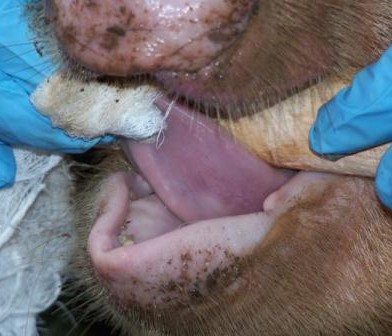
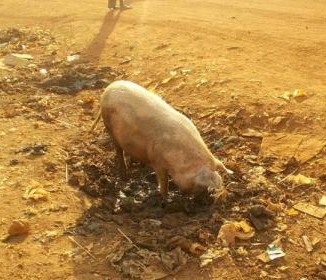
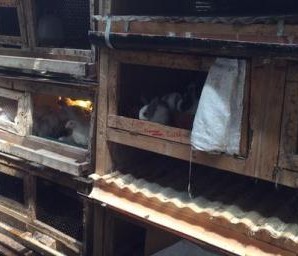
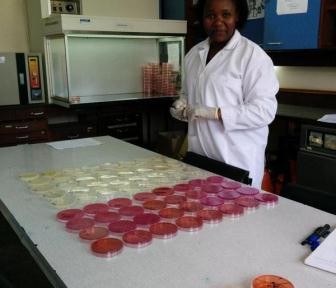
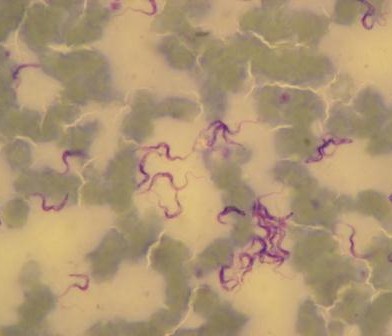
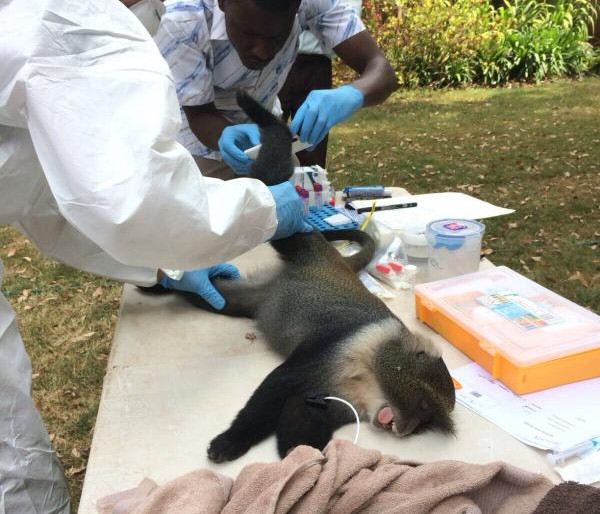
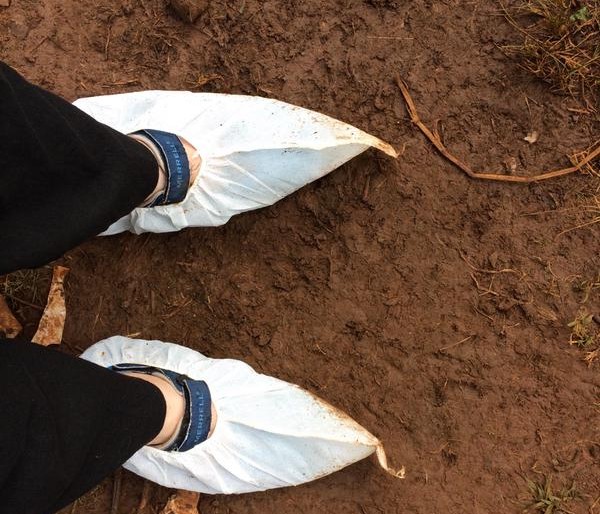
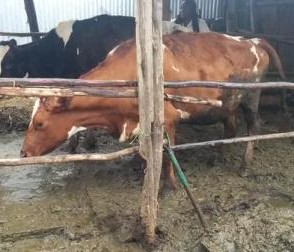
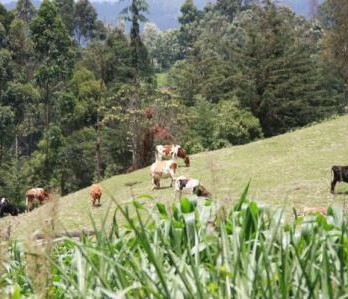
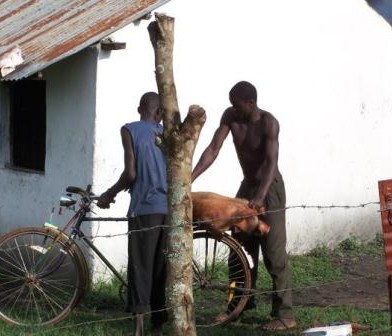
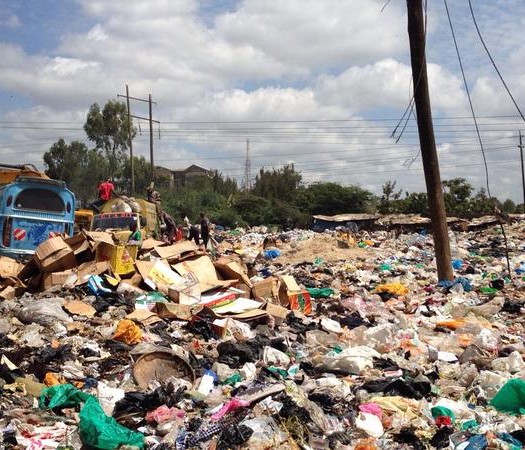
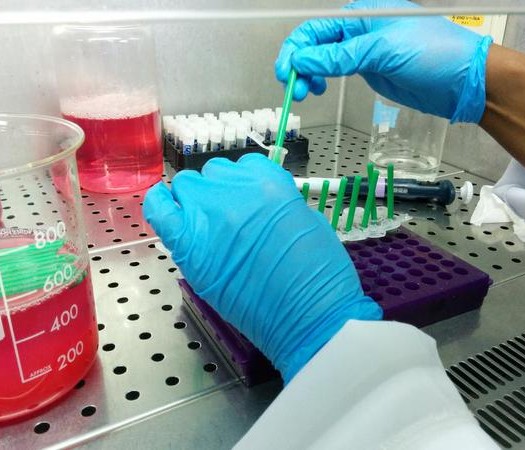
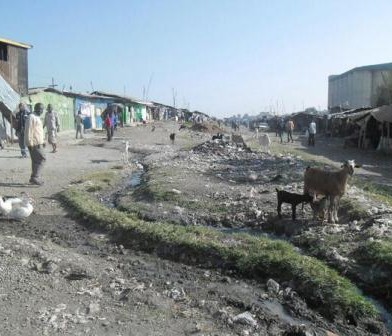
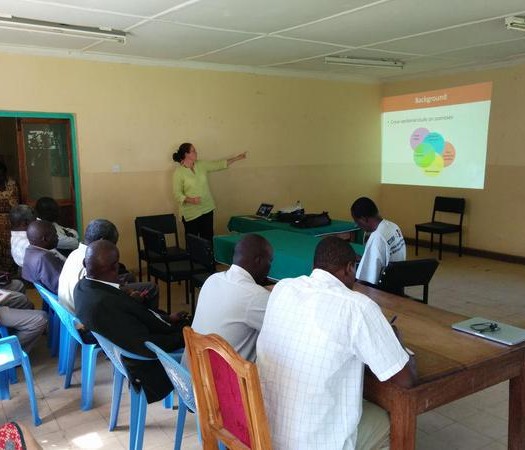
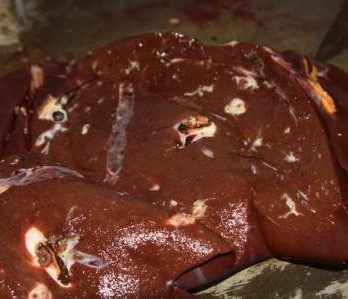
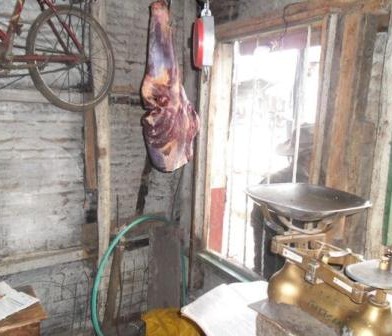
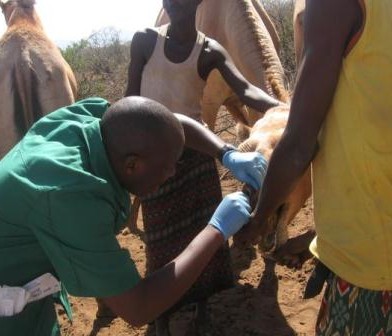
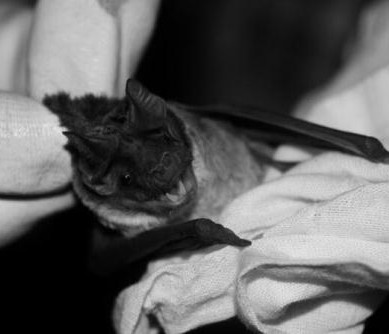
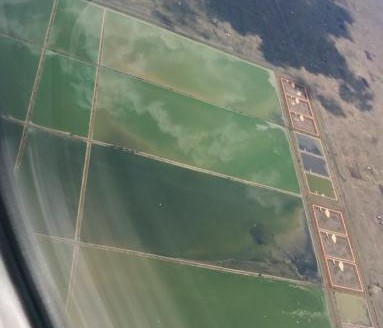

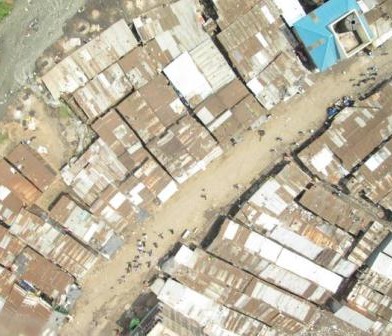
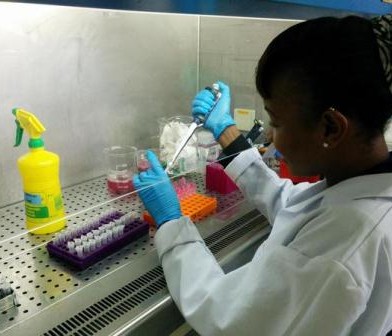
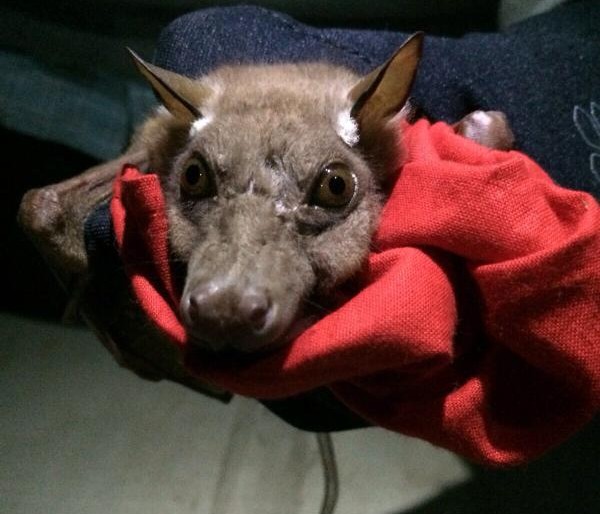
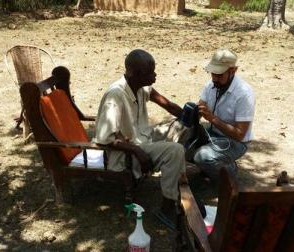
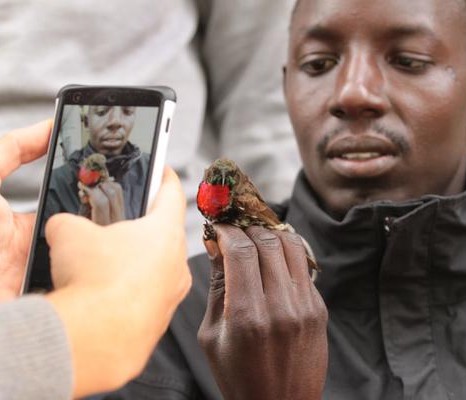
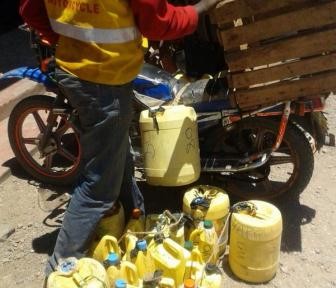
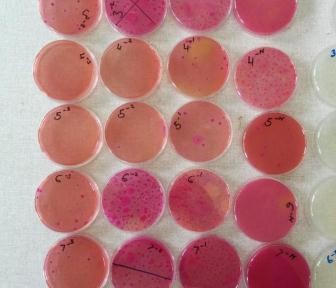
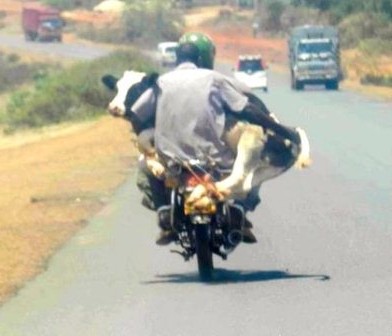
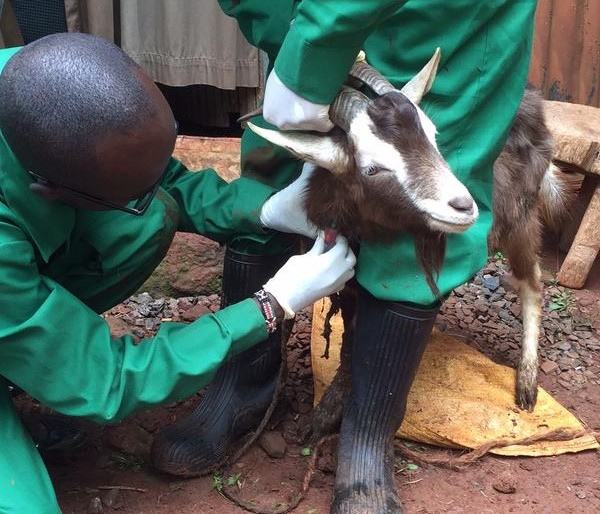
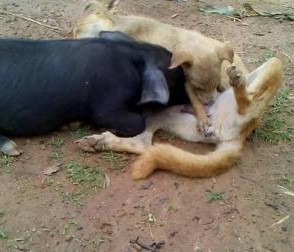
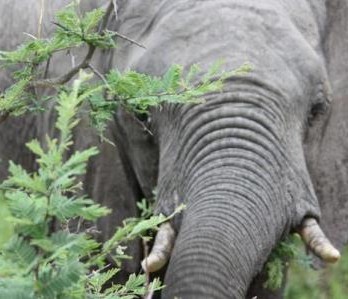
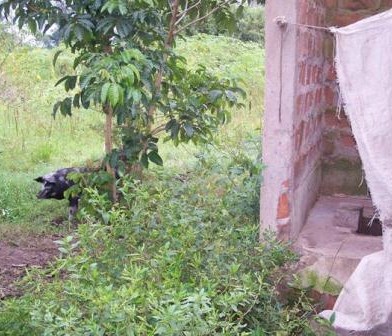
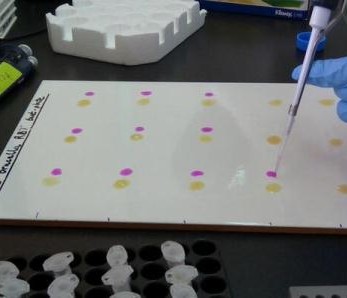
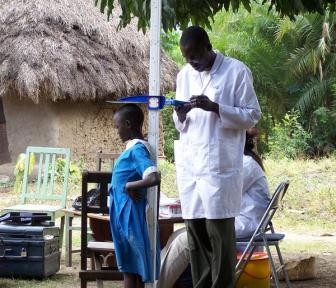
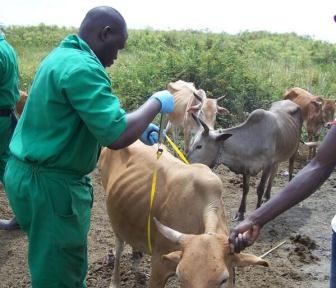
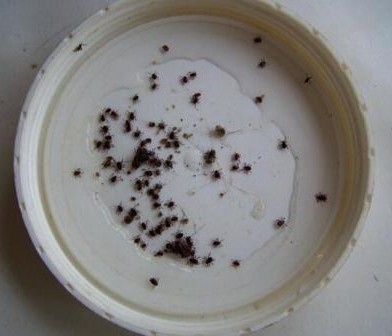
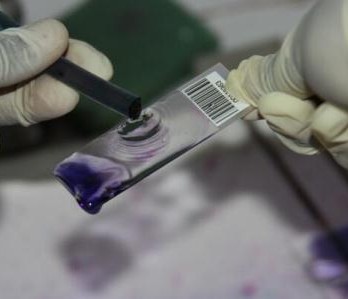
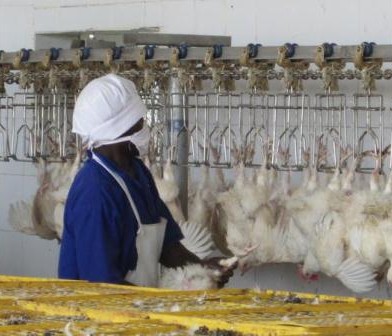
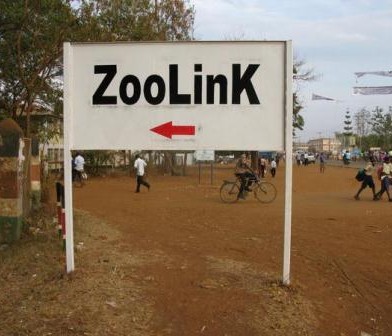
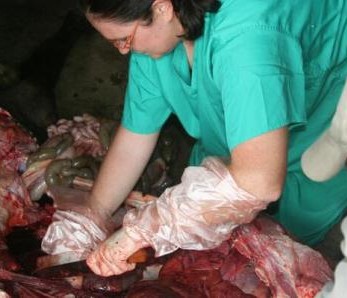
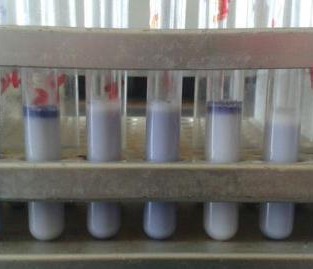

You must be logged in to post a comment.